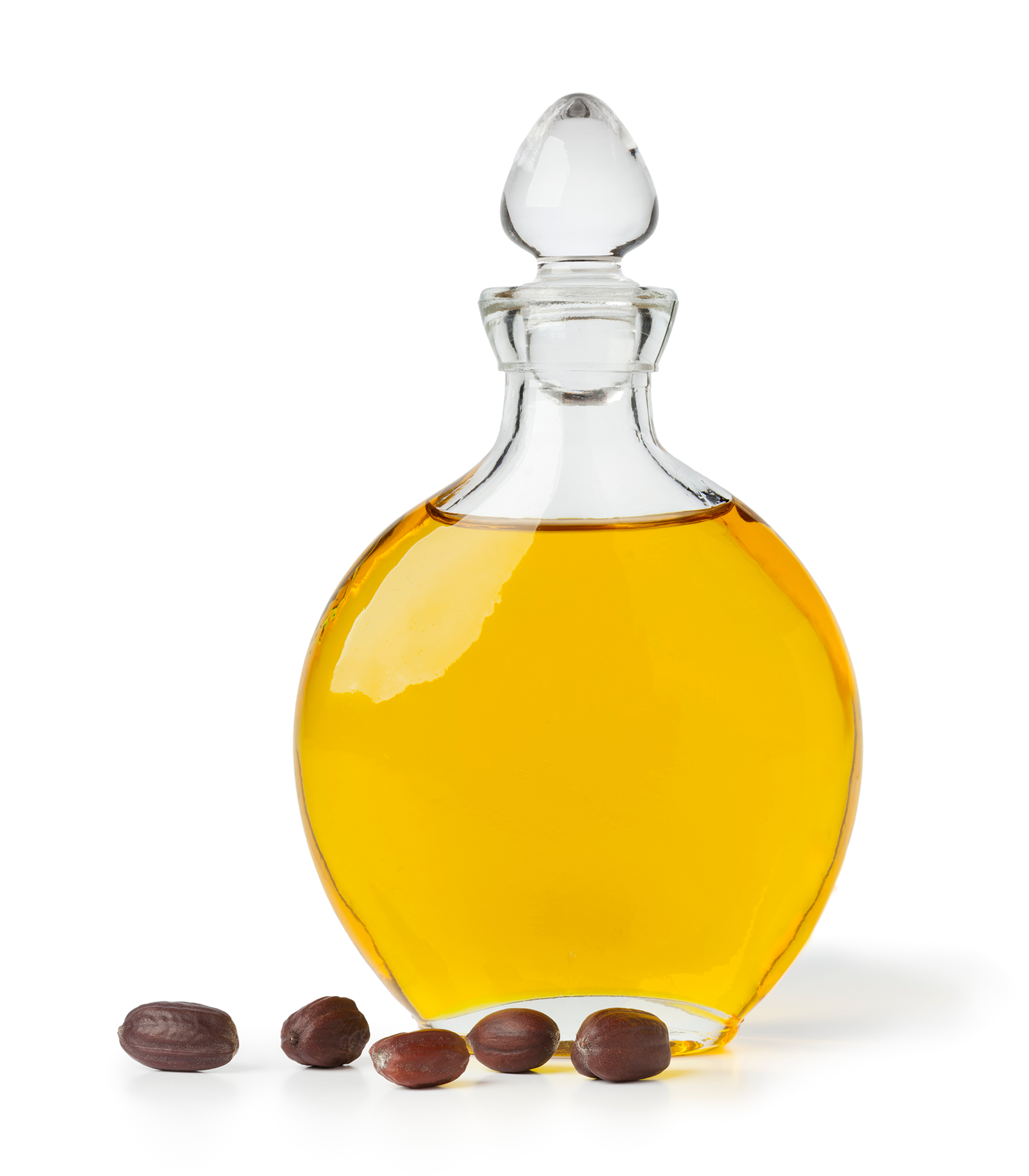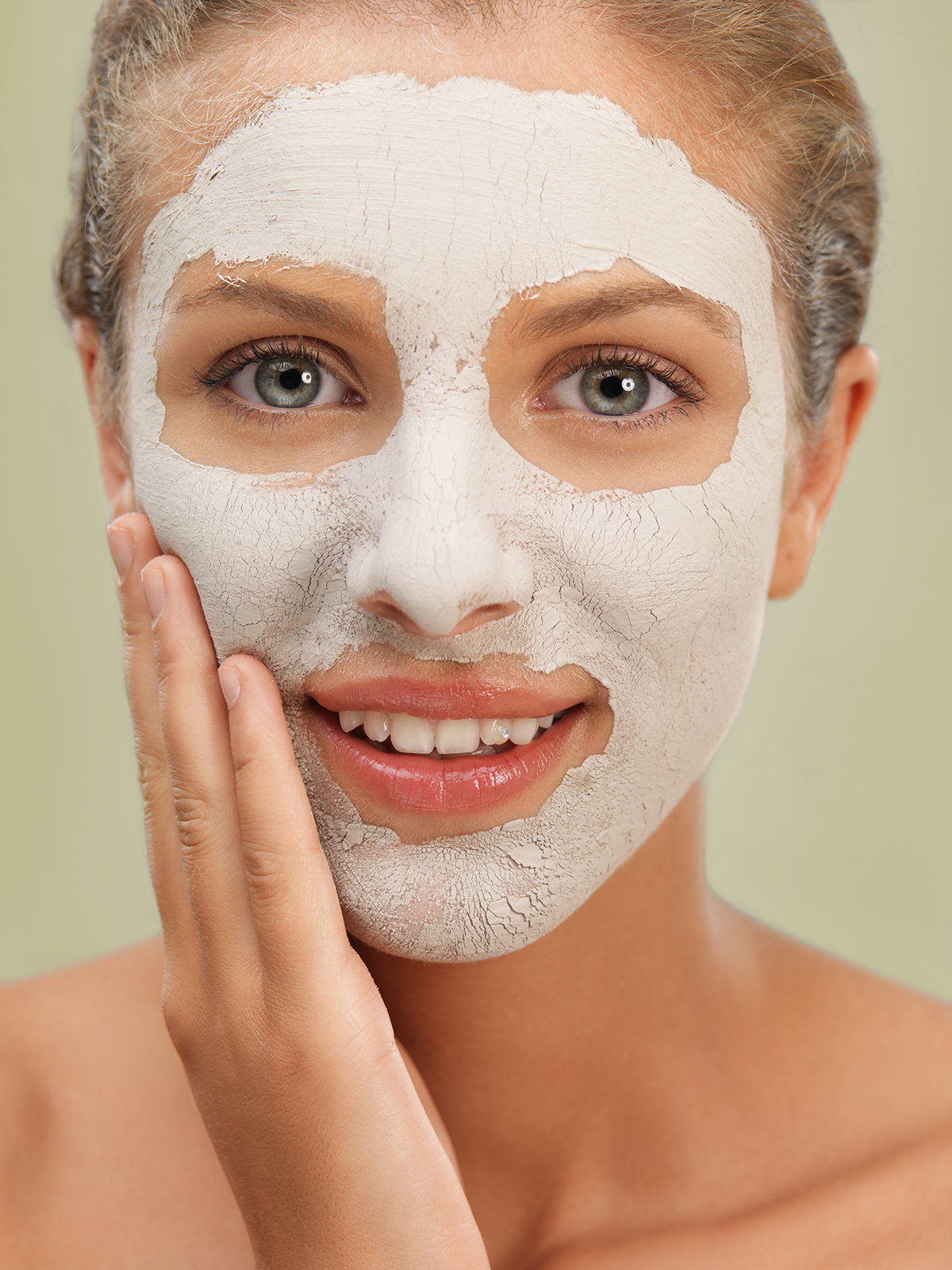
Jojoba – Multiple effect
We al pronounce it differently, but Jojoba actually pronounces like Ho-ho-ba(h).
This bush-like perennial – Simmondsia chinensis – grows in south-west parts of USA and some parts of Mexico. It prefers dry desert climate in which many plants would not survive. Jojoba is also known as wild hazel, goat’s nut, deer nut, coffee berries or grey box. It grows very slowly and its fruit comes after 10 years. Indians used this plant for many different things. They made hair and medical oil from whole seeds, and hot beverages from ground seeds. Modern gardeners like to use this plant because of small amount of water it needs and is easy to maintain, but also very decorative.
Even though it is popularly called jojoba oil, it is actually liquid wax obtained from jojoba seeds. Unlike other skin oils, this one has structure most similar to the human’s. Because of that similarity jojoba has replaced the animal fat that was used for many cosmetic products. Jojoba oil is suitable for all skin types and soaks up very fast.
Full of nutrients and antioxidant, jojoba oil has an anti-inflammatory effect, soothes acne, relives sunburn, reduces wrinkles, hydrates the skin and many more.
Beside coconut and olive oil, jojoba oil is perfect for hair! It maintains moisture, softness, volume, stimulates hair growth, stops and removes dandruff and nourishes hair with vitamin E.
TIP: To stimulate the hair growth, mix jojoba oil with some essential oil (for example lavender) and massage it into Your scalp. Massage will help with circulation and useful ingredients will penetrate into the skin. Repeat it twice a week.


